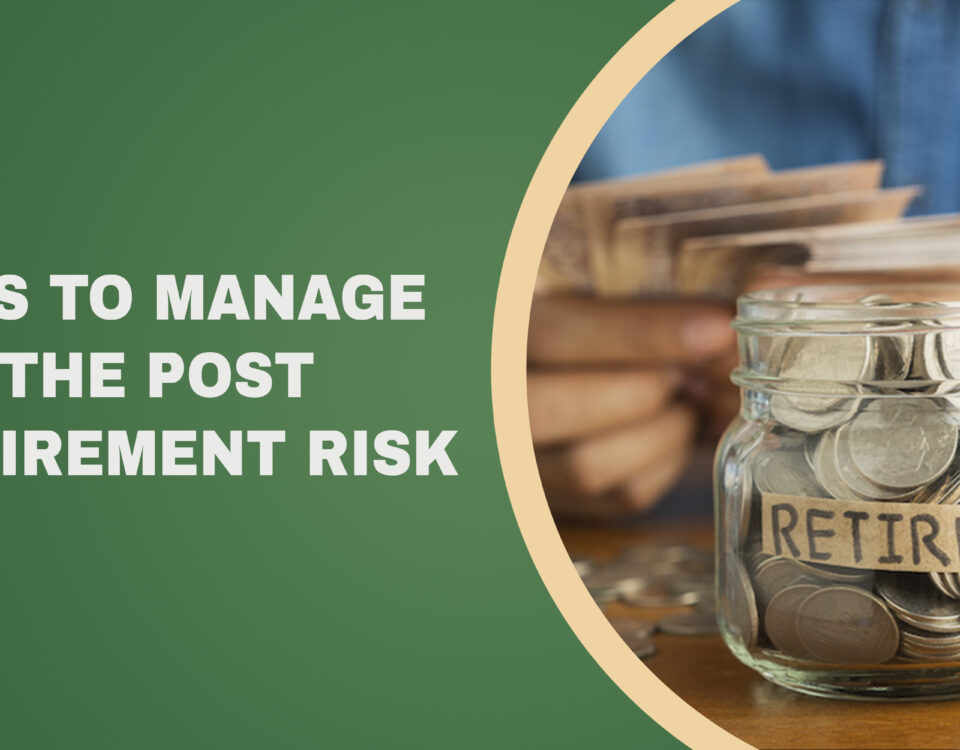Few Tips to Get Start Your Financial Planning Independence

Before Year End, Check In With Your Financial Self
January 4, 2021
A Few Practical Budget Cuts to Save Money In Your Daily Life
March 30, 2021The true meaning of financial independence is not the same for everyone. For some, financial freedom is the ability to purchase a home, or to get support during the retirement years. For others, it is the independence to transfer money to kids or grandkids. In the broadest sense, financial freedom means accumulating adequate assets to support the lifestyle you’ve visualized for you & your loved ones.
No matter what financial freedom means to you, you must find time to assess your success quite often, and plan your steps accordingly towards financial independence. Here we have got a few tips to help you accomplish financial freedom & success.
Define your goals clearly:
It’s really critical to be clear regarding your short-term & long-term goals. Suppose you’re a small business owner or wish to start a business of your own, be absolutely clear about the future of business. Defining your goals clearly will help you in taking the essential steps towards it.
Spend less than you earn:
To attain your long-term financial independence goal, the first and foremost thing you need to comprehend is that your earning requires to support today as well as tomorrow. You must save for the long term and to do that you’ve to spend less than you earn.
Don’t get caught up in competing with others:
The best piece of advice you would like to follow is not emphasize the lifestyle of others, instead concentrate on what is critical to you. Instead of competing, live your own life and ensure is it is a life that you can afford now and in the future.
Create different source of earning:
In this developing economy, to tackle inflation, you mustn’t depend on a single source of earning. You can earn money through savings, working as a freelancer alongside a full-time worker, renting a vacant piece of land or property, or running multiple small businesses.
Steer clear of debt:
Debt is the biggest enemy of financial freedom. Many people have a mortgage, but consumer debt must be avoided, excluding balances that you’re capable of clearing at the end of every month. The main motto here is if you don’t have the cash to pay for something, you better avoid buying it.
Get help of a financial planner:
Once you have reached a point where you have accumulated a reasonable amount of asset – be it tangible assets of liquid funds that are not readily available to convert to money – seek the help of a financial planner who can educate you and help you in making smart decisions.
Disclaimer: The information in this commentary is for informational purposes only and not meant to be personalized investment advice. Please contact your investment professional for investment advice and before investing in any product. ACPI does not publish market research and Sunil Chugh is not registered as a research analyst. The content is from sources believed to be accurate and the opinions expressed are those of the author and do not necessarily represent those of ACPI


